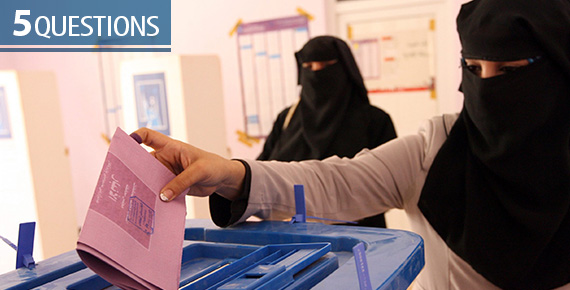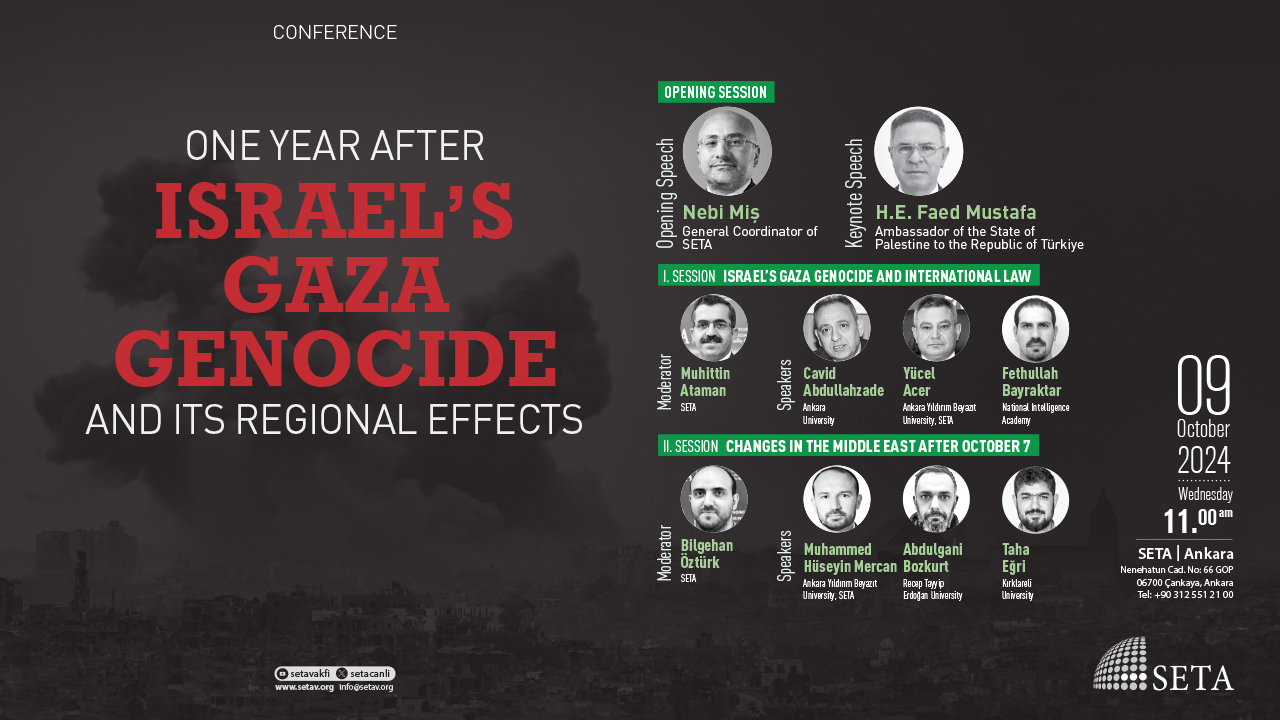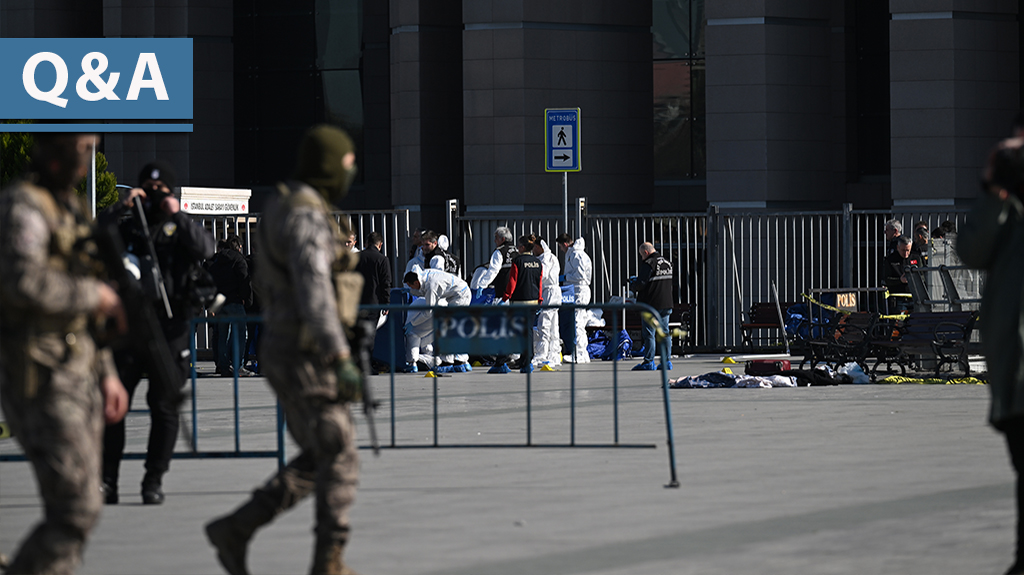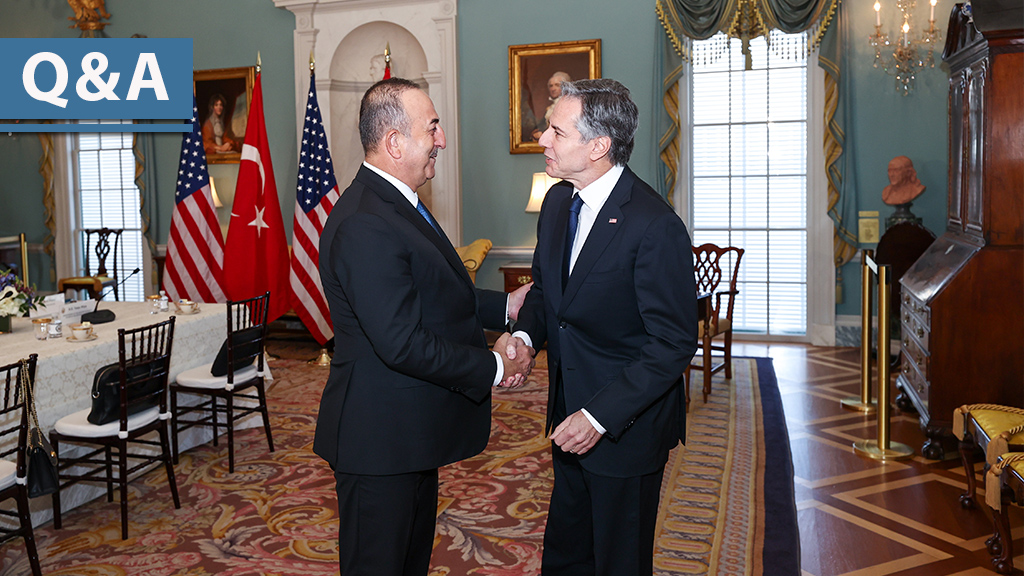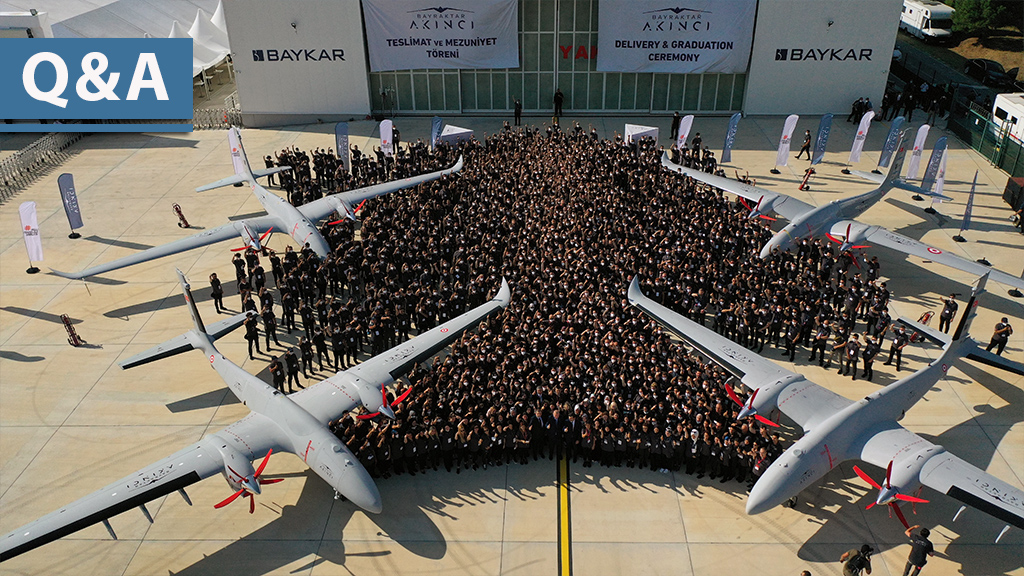1. Would you give us the Iraqi local elections in a nutshell?
The 2013 local elections in Iraq give an idea about the general elections to be held in 2014 in terms of both the results and the alliances to be formed.
The third local elections in Iraq were held as a two-phase polling; one of which was held in 12 provinces on April 20 and the other was held in two provinces on June 20. The provinces of Dohouk, Arbil and Sulaymaniya in the Kurdistan Regional Administration (KRA) as well as Kirkuk - a town of conflict - were kept out of the polls. Therefore, a total of nine southern provinces heavily populated with Shiites, four central provinces populated mostly by Sunnis and Baghdad where a mixture of Sunni and Shiite population resides, joined the race. The 2013 elections for local councils in Iraq have not changed the local balances, to the contrary of the previous elections. In the absence of excitement, however, due to a weakening political process the elections rather reminded the 2005 local elections which were protested by Sunni Arabs. The turnout this time was around 51 percent. Given the past turnout ratios, 51 percent in 2009 and 62 percent in 2010, politicians do not seem to have convinced people to cast their votes. Besides, tight security measures and the bomb attacks on the eve of the elections played a role in the low turnout ratio. However, Sunni Arab voters having no hope for the central government in Baghdad and for the political process negatively affected the turnout in the cities of Diala, Salahaddin, Mosul, Anbar and Baghdad. The low turnout of Shiite Arabs proved the voters’ discontent about the political and administrative processes.
2. Who are the main actors in the local elections in Mosul and Anbar, which were postponed previously, and what are the consequences?
Mosul and Anbar are mostly populated by Sunni Arabs, so Shiite Arabs did not directly join the voting in these provinces. Therefore, the main actors in Mosul and Anbar were: the Speaker of the Parliament Osama Nojayfi’s United Alliance, Salih Mutlak’s Iraqiyya Arabs, Iyad Allawi’s United Iraq Alliance and independent Sunni tribe leaders, etc. However, it has been seen that Prime Minister Nouri al Maliki supports nationalist actors in the regions where the Kurdish-Arab tension is felt severely; therefore, it is possible to say that he tries to spoil both the integrity of Sunni Arabs and the harmonization between Kurds and Sunnis. Maliki adopted a policy to remove Shiite Turkmens in particular in the regions populated with Turkmens, as Mosul and Talafar being on top.
3. What do these elections mean for the Iraqi politics?
As far as the Iraqi politics are considered in general, the status quo has been maintained after the elections for local councils. Another point worth paying attention to is that although Maliki’s the State of Law Coalition became the winner of the polls, they have lost votes compared to the results of the last local elections. The Prime Minister, however, had planned to have a landslide victory and aimed to carry his possible victory to the Iraqi Parliament with an intention for the announcement of an early election. According to the plan, Maliki was to win Shiite votes overwhelmingly and with the support of Sunni tribes against Kurds in particular, he would have formed a majority government. The process, however, did not develop as Maliki calculated. The State of Law Coalition failed to receive the expected support. In the local elections this year, Shiite voters signaled that they would not be dragged by Maliki’s policies based on “political tension” against the regional countries outside and Kurds, Sunnis and even Shiite politicians inside. On the other hand, Al Hakim group, defending dialogue both inside and outside, won the highest number of votes as a political party and that supports this view. Although Shiite voters backed moderate Al Hakim, they did not support the Muqtada al Sadr group who tried to approach K

